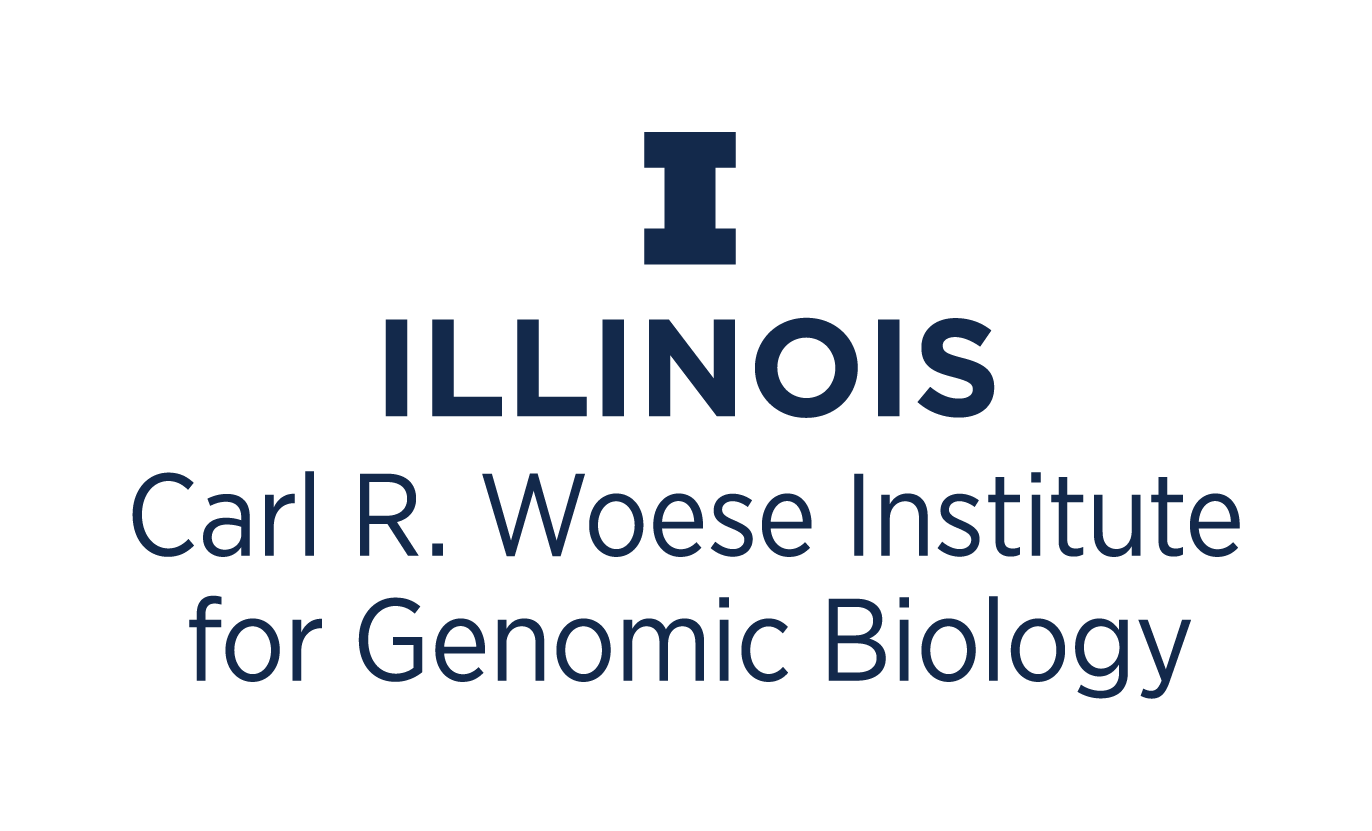Cluster hires facilitate long-term institutional success
In light of long-standing inequities in STEM representation, many universities are now recognizing the value of diversity in higher education. Achieving such diversity involves creating an inclusive campus that welcomes scholars from different backgrounds, not only to foster a healthy intellectual environment, but also to provide role models to aspiring students. Faculty cluster hiring is an emerging practice in higher education, involving cross-campus collaborations to hire faculty working on interdisciplinary research topics.




